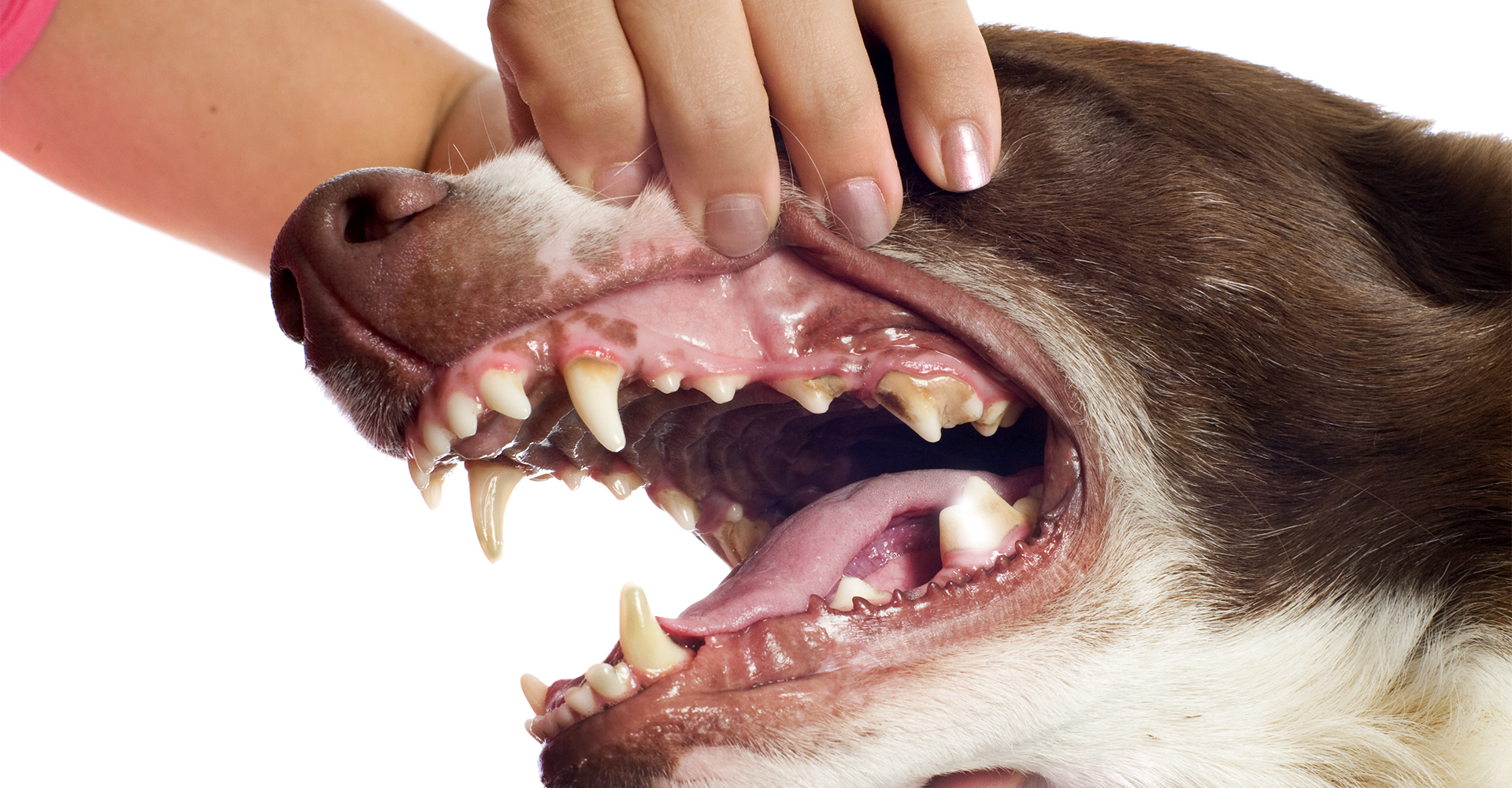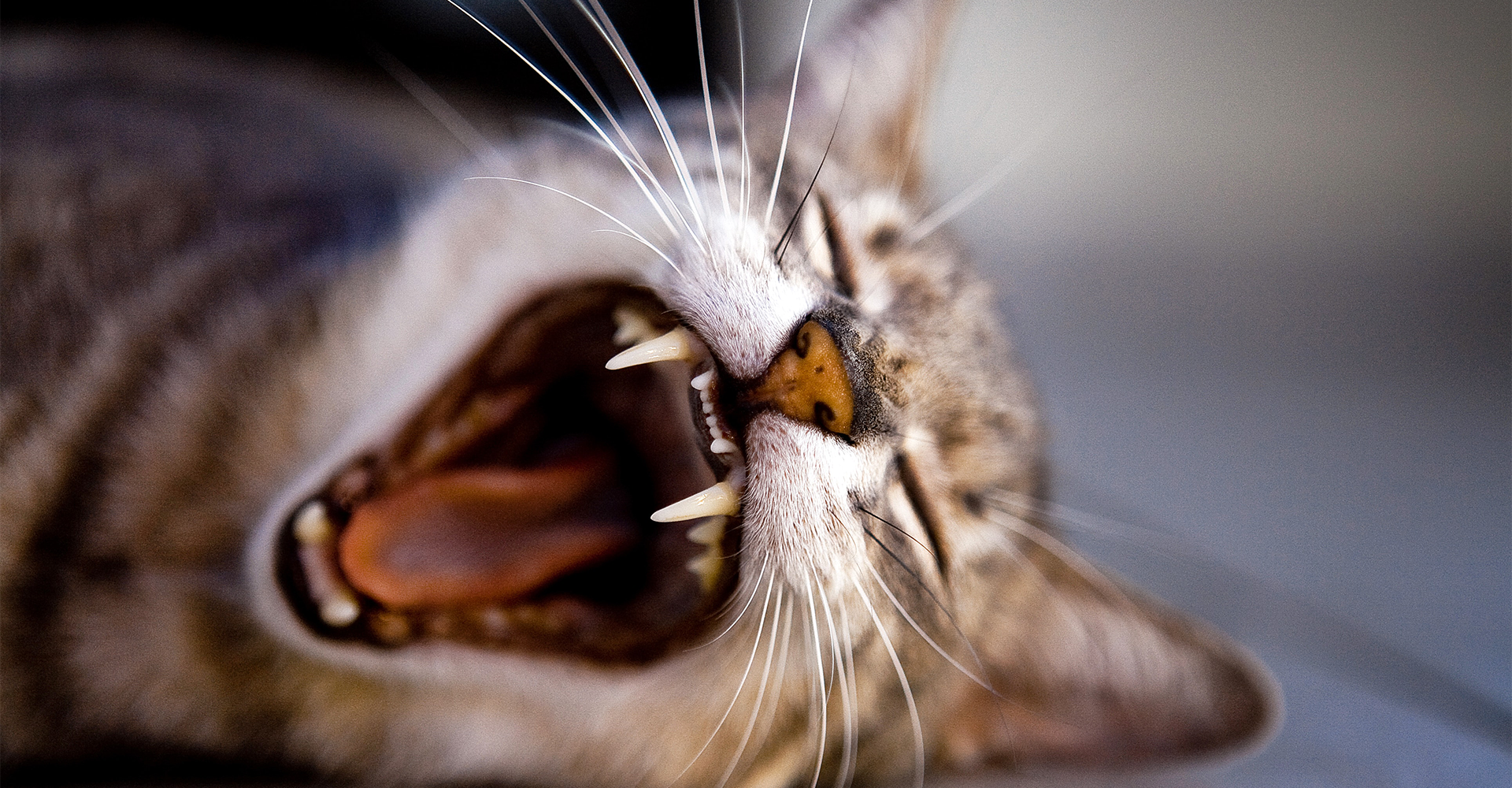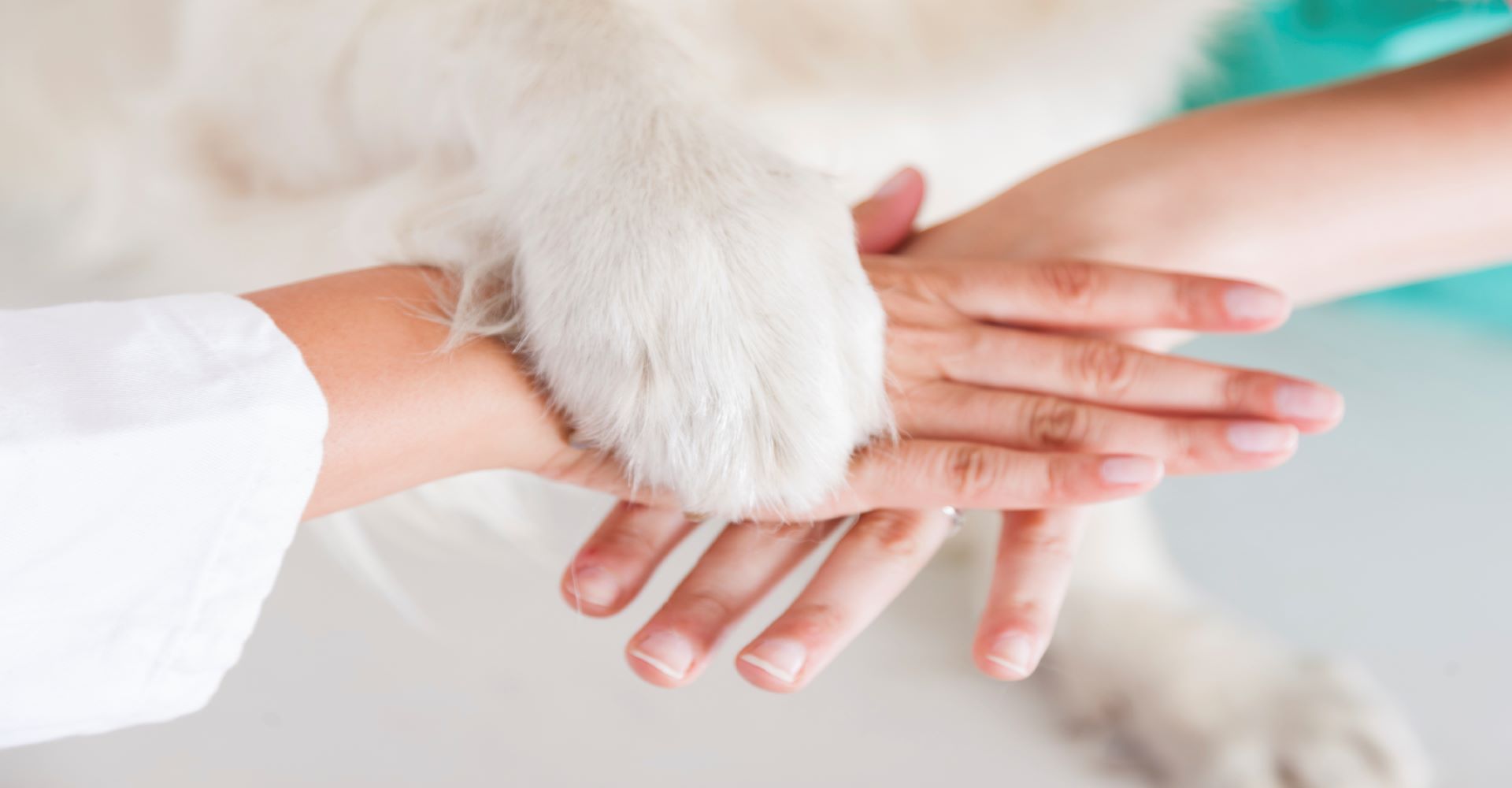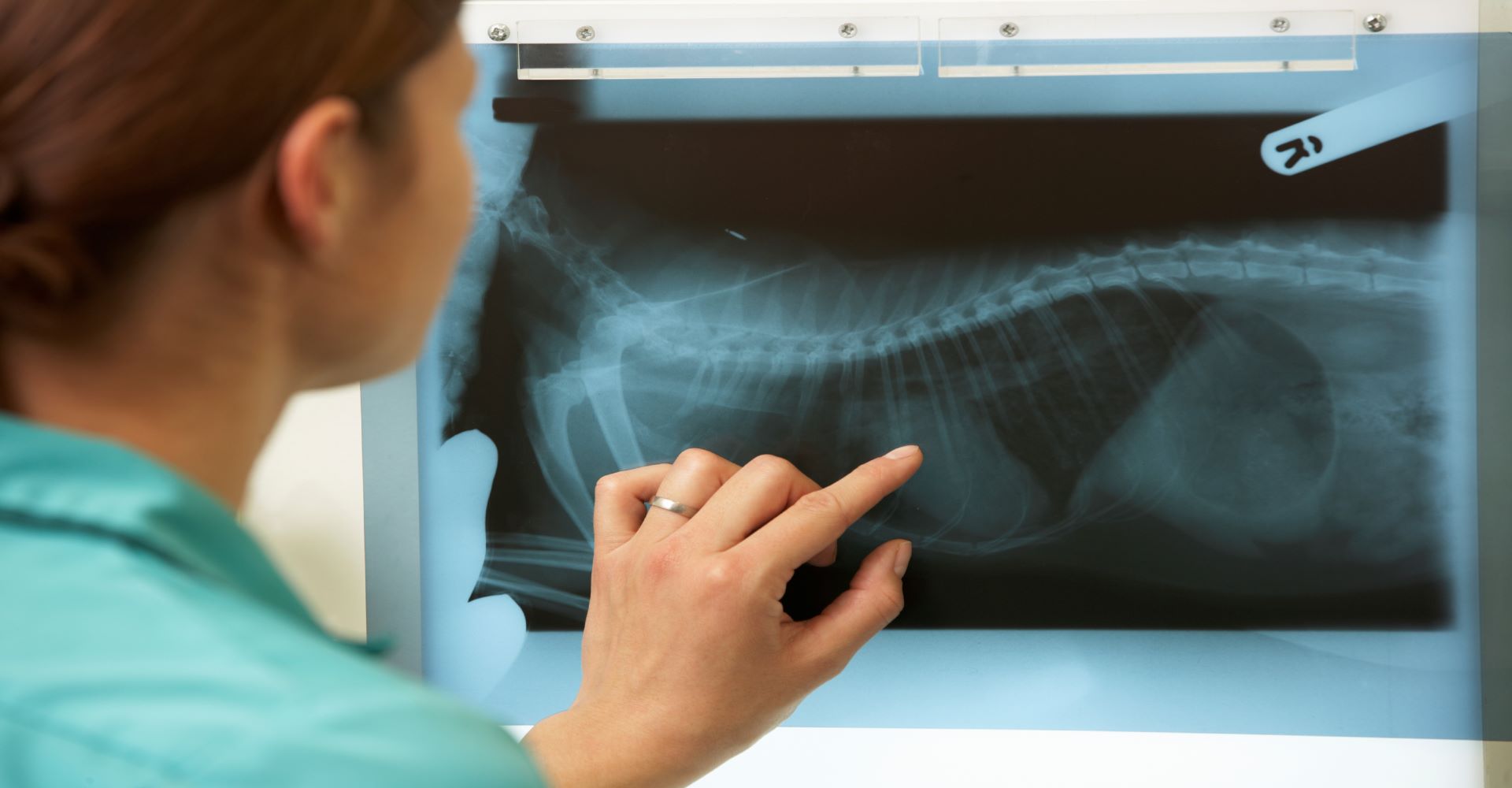Why Dental Radiography Is Worth the Investment
Considering improving dental care at your veterinary practice? Dr. Brook Niemiec talks about why dental radiography is worth the investment for the...
2 min read
Viticus Group : June 12, 2019 12:48:22 PM PDT

Dental issues are common in small animal practices, but some veterinarians may wish they knew more about dental health and procedures. Dr. Brook Niemiec gives simple solutions.
All veterinarians will need to perform some form of dental procedure in their general practice on a regular basis. Brook Niemiec, DVM, DAVDC, FAVD, DEVDC, is a board certified veterinary dentist and a Fellow in the Academy of Veterinary Dentistry. Dr. Niemiec talks with Dr. Natalie Marks in the Quick Cup of Knowledge video “Dentistry” about simple ways you can gain knowledge and hands-on experience to improve dental care in your practice.
#1: Educate Yourself
Dr. Niemiec says that educating yourself in dentistry is key to improving your practice, and experiences such as taking courses (enroll in Dr. Niemiec’s course here) and reading books on the subject makes a difference. Gaining confidence with common procedures like extractions is crucial, and those skills will be utilized on a regular basis.
#2: Radiology Technology
Learning how to utilize radiology technology is also critical, as you “simply cannot practice quality dental medicine without it,” according to Dr. Niemiec. He says it has changed everything as he sees how it is used daily in his practice.
Niemeic points out that while most doctors hate performing extractions, whether they be canine or feline, the doctors that don't mind doing extractions all have dental imaging equipment. If you don't have it, you "can't not hate it," he says.
#3: Get Your Team Involved
In the 20 minutes you have with a client, you don't have time to explain everything about dentistry to them—or anything else, for that matter. You have to get a history, do a physical, and handle the problem the patient was brought in for. Probably, the client isn't expecting to have to deal with a treatment involving the teeth. Most of the time, however, the problem in the mouth is a bigger threat to the patient's health than the problem they were brought in for.
Explaining this to the client and informing them about dental health is not what you want to be spending your very limited time doing. Dr. Niemeic has what he calls a "dental concierge," someone who is educated in dental health and is trained to speak to clients about necessary dental treatments and why it's valuable. Getting your team trained in these disciplines will make your life easier, and it will empower them in their role in your practice.
As more veterinarians take steps to educate themselves in small animal dentistry, not only will they be able to drastically improve their practice, but they will improve the lives of the animals and clients they serve.
Learn more about this small animal dentistry course and other courses like it at wvc.org.
Stay in the Know!
Click the link to subscribe to our YouTube channel or check out our WVC resources library full of great podcasts, videos, and digital downloads!
Disclaimer
Content may contain advertising and sponsorships. Advertisers and sponsors are responsible for ensuring that material submitted for inclusion is accurate and complies with applicable laws. We are not responsible for the illegality or any error, inaccuracy or problem in the advertiser’s or sponsor’s materials.
Advertising and sponsorship material and/or opinions are not are not a reflection on Viticus Group.

Considering improving dental care at your veterinary practice? Dr. Brook Niemiec talks about why dental radiography is worth the investment for the...

Major dental procedures can be daunting for a client who isn't financially prepared and a patient who has to undergo a long session of anesthetic....

Looking to enhance your radiology skills? Dr. Jay Griffin talks about how radiology can help improve patient care and generate revenue for your...